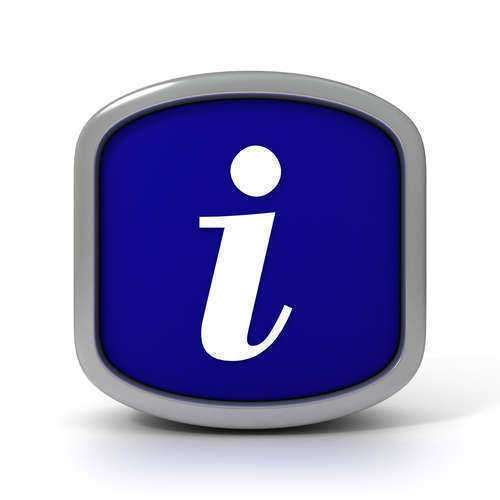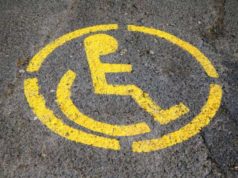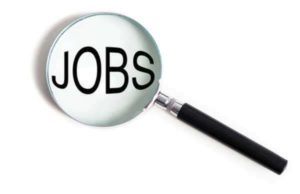
Using a Roll Call in Congress
A roll call is the process of calling or reading out names of a list and making note of the responses in order to determine who is present and who is absent from an event. This is often used in the government where a reading clerk reads each legislator’s name at the beginning of a floor session or for a call of the U.S. Senate or House of Representatives.
In the United States Senate, the only way to get a recorded vote on a pending question or bill is through the roll call vote, which is requested and then seconded by a fifth of the Senators. During this, “yeas and nays” are collected at the end of a debate.
If the roll call vote occurs, the reading clerk calls through the Roll of Senators alphabetically, and Senators formally respond with “aye” or “no,” or informally with a thumbs up or down. These votes can remain open for over a half an hour of necessary. This is the only way to establish a quorum in the Senate
While the House of Representatives also use a roll call, the rules are more specific and complicated in comparison to those of the U.S. Senate. When the entire House of Representatives meets, it can take a recorded vote either by a teller vote, vote by electronic device, or by a roll call. This can be in the same fashion as is done in the Senate, but it is only used for formal votes since it is very tedious to call over 400 names.
Roll calls can be used for roll call votes, which is a way to guarantee that every single Member votes on a particular bill. However, only a small fraction of bills actually use a roll call vote.
For the U.S. House of Representatives, roll call votes are recorded and complied with an electronic voting machine and are available for viewing online with the Office of the Clerk. They can be found not only for the current Congress, but for the previous ones as well.
The U.S. Senate also provides roll call vote results for the current as well as previous Congresses. Roll calls are filed by the Senate Bill Clerk through the Senate Legislative Information System under the authority of the Secretary of the Senate.
There are many other independent sites that also track the roll call of the legislative branch as well as provide information and statuses of bills, full text information, and more Congress information.







































